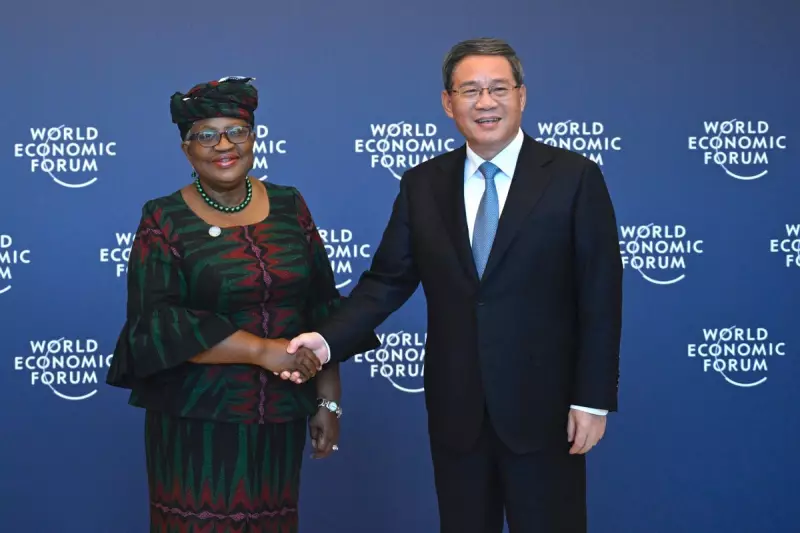
In a significant escalation of trade tensions, China has initiated formal dispute proceedings against the United States at the World Trade Organization (WTO). The move directly challenges the steep new tariffs imposed by the Biden administration on Chinese electric vehicles (EVs) and other green technology imports.
The complaint, filed with the global trade body on Tuesday, alleges that the US tariffs are "blatantly discriminatory" and represent a serious violation of core WTO principles. This legal action sets the stage for a protracted and high-stakes battle between the world's two largest economies.
A Legal Counterattack
Beijing's decision to take the US to the WTO is a calculated legal and diplomatic manoeuvre. Rather than immediately imposing retaliatory tariffs, China is seeking to position itself as a defender of the multilateral trading system. A spokesperson for China's Commerce Ministry stated the US measures are "singling out Chinese products" and lack justification under WTO rules.
The heart of the dispute lies in the tariff hikes announced by President Biden earlier this year. These saw levies on Chinese EVs skyrocket to 100%, while duties on solar cells, batteries, and other critical goods also increased substantially. The US defends the measures as necessary to protect its industries from unfair competition and potential oversupply.
Mounting Global Trade Frictions
This WTO case is not an isolated incident. It reflects a broader breakdown in consensus on international trade rules. The European Union is also conducting its own investigation into Chinese EV subsidies, potentially paving the way for similar tariffs from the bloc.
Analysts suggest that a prolonged dispute could fragment the global market for green technology, slowing the transition to renewable energy. It also places the WTO itself in a difficult position, as it struggles to manage conflicts between its most powerful members.
What Happens Next?
The WTO dispute settlement process is notoriously slow. The next step involves a 60-day period for consultations between the two nations. If these talks fail, China can request the establishment of a formal panel to adjudicate the case—a process that could take years.
However, the very mechanism for appeals at the WTO remains hobbled due to long-standing US objections, meaning any final ruling could be difficult to enforce. This reality underscores the challenges of resolving such a fundamental clash through existing international institutions.





